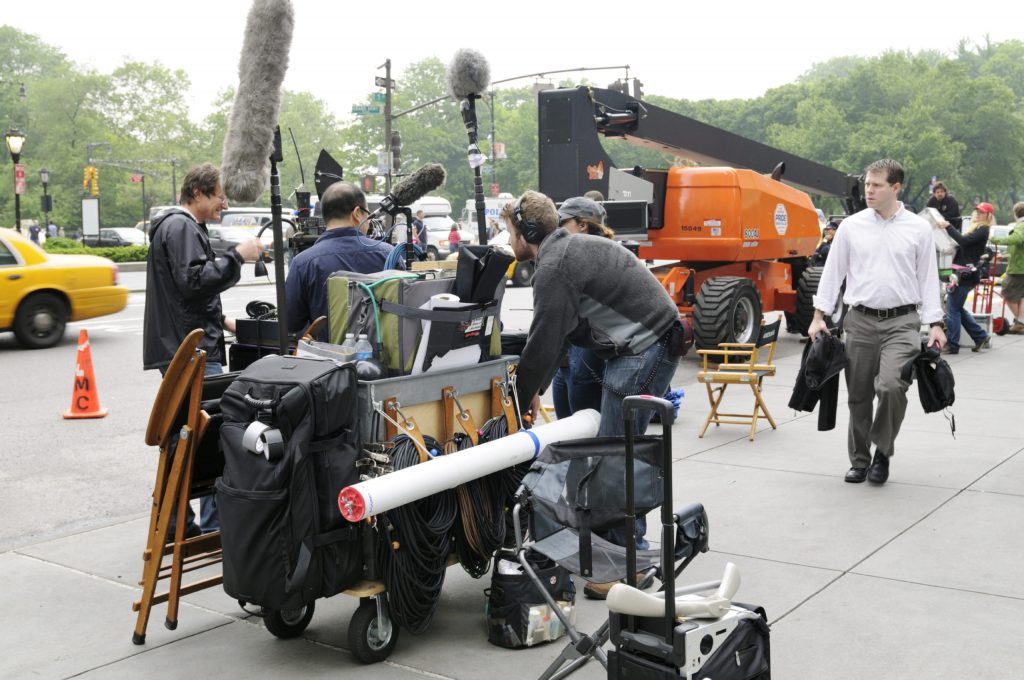With the number of feature films and television shows filmed in the Atlanta metropolitan area in the recent past, Atlanta is quickly earning the nickname the “Hollywood of the South.” And, as movie and television producers look for new Atlanta area locations in which to film, they are increasingly turning to local condominium and homeowner associations to provide an authentic backdrop to their productions.
Understanding Film Contracts: Key Considerations
While the prospect of having your association featured on the big (or little) screen is an exciting one, as any Hollywood star knows, having a solid contract in place before filming begins is key to making sure that your association gets the most out of its “star” turn. Here are a few key pointers to keep in mind if Hollywood comes calling for your association:
Film Location Contract: Scope and Authority
(1) Contract Scope. As with any contract, it is of utmost importance that the contract spell out, as specifically as possible, the parties’ understanding of what the contract covers. With a film location contract, this will most likely be the time period during which the film crew will be on your association’s property and the areas of the condominium or community that will be used. In order to limit disturbance to community residents, the Board may wish to consider limiting the filming period to a certain hours of the day, and prohibit filming in certain areas of the community.
(2) Contract Authority. Film producers may not understand that in a community association context, the association only has such authority to grant use and filming rights to the property located within the association as it is given by its governing documents. For example, while an association may have the right under its governing documents to allow a film crew to film the common areas, it likely does not have the right to allow a film crew to film inside individual units or on the individually owned lots in a subdivision. So, the association should make sure that the contract does not obligate the association to grant the producer rights to use property that the association does not have the right to grant under its governing documents.
Compensation and Insurance in Film Location Agreements
(3) Compensation. While the amount of compensation to accept for filming is a business judgment decision for the Board of Directors, it is a good idea to take into consideration in determining compensation any additional costs the association will bear as a result of the movie location agreement contract, including fees for attorney review of the contract.
(4) Insurance. The contract should require that the production company with whom the association is contracting carry adequate general liability insurance in case any accidents occur as a result of the producer’s use of the association property. Your association attorney can advise as to adequate level of insurance.
Indemnity and Damages: Protecting Your Association
(5) Indemnity. The production company should agree to indemnify the association for all damages and claims that are caused as a result of the production company and the company’s use of the association property.
(6) Damages. The film location agreement contract should contain a provision requiring that once filming is completed, the production company restore all association property to the same condition it existed prior to filming and compensate the association for any property damaged as a result of the production company’s use.
Legal Safeguards for Your Community Association
The above are just a few contract tips to keep in mind when negotiating a contract for your association’s star turn. However, the tips in this blog do not take the place of an attorney’s review and do not cover all recommended contract provisions. Community managers and boards should seek assistance from the association’s legal counsel prior to entering into contracts to ensure that the association is adequately protected.


